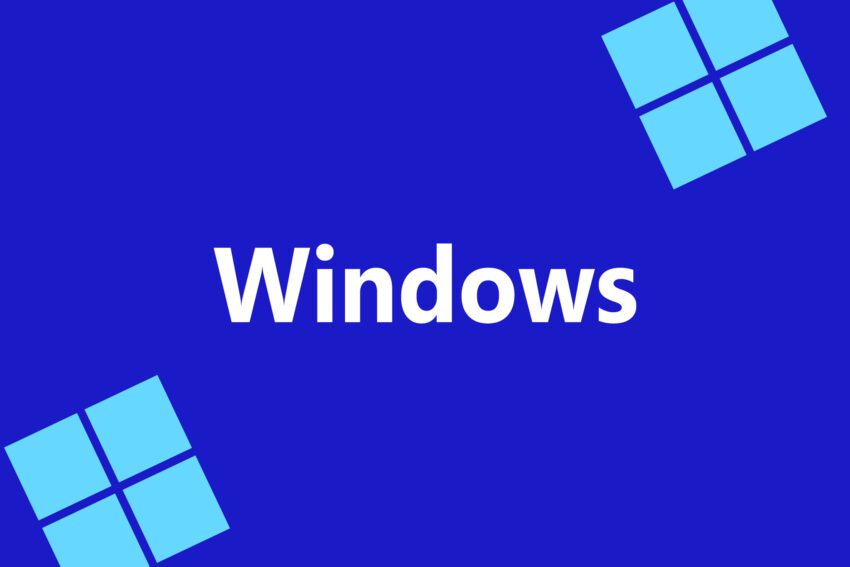
microsoft forced to make windows 10 extended Microsoft has recently announced significant changes to its Extended Security Updates (ESU) program for Windows 10, particularly affecting users in Europe.
microsoft forced to make windows 10 extended
Background on Windows 10 End of Support
As the end of support for Windows 10 approaches on October 14, 2025, many users are preparing for the transition. Microsoft typically provides a grace period during which users can continue to receive security updates, but this period is coming to a close. The end of support means that Microsoft will no longer issue security patches or updates for vulnerabilities, leaving users at risk of cyber threats.
For many consumers, the prospect of running an unsupported operating system is daunting. Cybersecurity experts warn that outdated systems can become easy targets for hackers, who often exploit known vulnerabilities. This concern has led to a growing demand for extended security options, particularly among users who may not be ready to upgrade to a newer version of Windows.
Extended Security Updates (ESU) Program
The Extended Security Updates (ESU) program was designed to provide additional security updates for businesses and organizations that need more time to transition to newer operating systems. Initially, Microsoft required users to enable Windows Backup to access these updates, which raised concerns among consumers. The requirement was seen as a barrier, particularly for those who were not familiar with Microsoft’s ecosystem or who preferred not to use cloud storage services.
Consumer Advocacy and Euroconsumers’ Role
In response to these concerns, the Euroconsumers group, a consumer advocacy organization, took action. Euroconsumers represents the interests of consumers across several European countries and has been vocal about the need for Microsoft to provide better support for users still running Windows 10. The organization argued that requiring users to enable Windows Backup was a tactic that benefited Microsoft more than it helped consumers.
“We are pleased to learn that Microsoft will provide a no-cost Extended Security Updates (ESU) option for Windows 10 consumer users in the European Economic Area (EEA),” stated Euroconsumers in a letter this week. The group emphasized that the new policy would eliminate the requirement for users to back up their settings, apps, or credentials, which had previously been a significant hurdle for many.
Changes to the Enrollment Process
Following the advocacy efforts, Microsoft confirmed that it would modify the enrollment process for the ESU program in the European Economic Area. An unnamed Microsoft spokesperson stated, “We are making updates to the enrollment process to ensure it meets local expectations and delivers a secure, streamlined experience.” This change is a direct response to consumer feedback and aims to simplify access to essential security updates.
Implications for Users
The removal of the Windows Backup requirement is a significant win for consumers. Previously, users were not only required to enable Windows Backup but also had to create a Microsoft Account and utilize OneDrive for storage. This could lead to complications, particularly for those who exceeded the 5GB of free storage offered by OneDrive. Users could find themselves in a position where they had to purchase additional storage, which many viewed as an unnecessary financial burden.
By eliminating these requirements, Microsoft is making it easier for users to access critical security updates without additional costs or complications. This change is particularly relevant for individual consumers who may not have the technical expertise to navigate the complexities of cloud storage and backup systems.
Global Context and Limitations
While the changes are beneficial for consumers in the European Economic Area, it is essential to note that these modifications do not apply globally. In other regions, users will still be required to either enable Windows Backup or pay a fee of $30 for a year of extended security updates. Additionally, users can redeem 1,000 Microsoft Reward points to access the updates, but this option may not be feasible for everyone.
This disparity raises questions about Microsoft’s approach to consumer support in different markets. While the company has made strides in addressing consumer concerns in Europe, users in other regions may feel neglected. The varying requirements could lead to confusion and frustration among users who are trying to navigate their options for continued security.
Future of Windows 10 Security Updates
Consumers will continue to receive extended security updates for Windows 10 until October 13, 2026. However, businesses have the option to purchase up to three years of important security updates. This distinction highlights the different needs and priorities of individual consumers versus larger organizations.
Euroconsumers is also advocating for Microsoft to extend its security updates beyond a year for consumers. The organization argues that leaving devices exposed to risk after the initial year of extended updates is unacceptable. As technology continues to evolve, the need for ongoing support and security becomes increasingly critical.
Stakeholder Reactions
The response from various stakeholders has been largely positive. Consumer advocacy groups have praised Microsoft for taking steps to make security updates more accessible. The changes are seen as a recognition of the challenges faced by everyday users who may not have the resources or knowledge to navigate complex backup systems.
On the other hand, some industry experts caution that while these changes are a step in the right direction, they may not be sufficient to address the broader issues surrounding software support and consumer rights. The tech industry is often criticized for its lack of transparency and support for end-users, and many believe that more comprehensive measures are needed to ensure that consumers are adequately protected.
Conclusion
Microsoft’s decision to make Extended Security Updates free for Windows 10 users in the European Economic Area marks a significant shift in its approach to consumer support. By removing the requirement for Windows Backup, the company is making it easier for users to access critical security updates without additional costs or complications. However, the changes are limited to Europe, raising questions about the company’s global strategy and commitment to consumer rights.
As the end of support for Windows 10 approaches, the implications of these changes will be closely monitored by consumers, advocacy groups, and industry experts alike. The ongoing dialogue between Microsoft and its users will be crucial in shaping the future of software support and security in an increasingly digital world.
Source: Original report
Was this helpful?
Last Modified: September 25, 2025 at 5:42 pm
0 views















